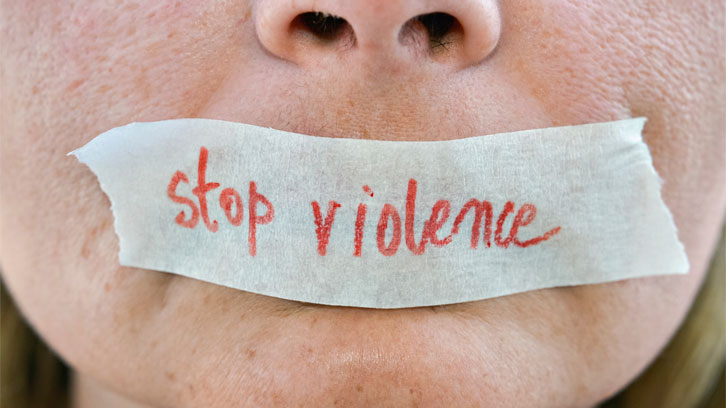Never to me! Concealment of intimate partner violence in Querétaro, Mexico

Intimate partner violence (IPV) is a public health problem. In most Western nations one in four women are at risk for IPV. In Mexico, it is estimated that the preponderance of IPV in women is psychological (37.7%), physical (23.4%), and sexual (9.5%) and that at least 40% of pregnant women suffer IPV. However, there is a lack of empirical studies to improve understanding of the reasons why women tend to hide their IPV. Moreover, there is a lack of a broad understanding of the phenomenon that includes men and women of different sexual orientation.
Our objective is to better understand IPV concealment by women and men in heterosexual, gay, lesbian, and bisexual populations (HGLB) in Querétaro, Mexico. In this paper, we address the question: How do people explain their practice of IPV concealment?
Grounded Theory was used to analyze both semi-structured interviews (for n=43) and photointerventions (for n=18). We determined that IPV concealment has eight different factors: gender stereotypes, normalization of violence and its stereotypes, socio-structural system inefficiency, idyllic love, social stigma of violence, youth, caring for children and relationships, and isolation.
Gender stereotypes promote concealment of IPV. In the feminine figure we found a tendency towards a helplessness that implies weakness and passivity, and submissiveness that implies not telling. On the other hand, the male figure is characterized by the exercise of power, control over himself and over his partner, and the exhibition of self-reliance and capacity in a quasi-omnipotent sense (e.g. economic, intellectual, physical). For men living with IPV to denounce violence represents their failure to meet the canon imposed upon males. For such men, it is shameful to be weak.
One of the main factors associated with the concealment of IPV is gender stereotype, which in turn influences the application of justice and the beliefs grounded in idyllic love, but other factors are also involved, including youth, social stigmatization of violence, fear of loss of relationships, damaging effects on children, and social isolation. The findings reveal that IPV concealment is a common practice among men and women of different sexual orientation. Hence, increased efforts in the development of an inclusive public policy to address these problems should be undertaken.
Facultad de Ciencias Políticas y Sociales (Universidad Autónoma de Querétaro)
mezamariel@gmail.com
Leonor M. Cantera
Department of Social Psychology
leonor.cantera@uab.cat
References
Meza-de-Luna, M. E.; Cantera-Espinosa, L. M.; Westendarp-Palacios, P.; Palacios-Sierra, P. Never to me! Concealment of intimate partner violence in Querétaro, Mexico. Trames. 2015, vol. 19, num. 2, p. 155–169. doi: 10.3176/tr.2015.2.04.


